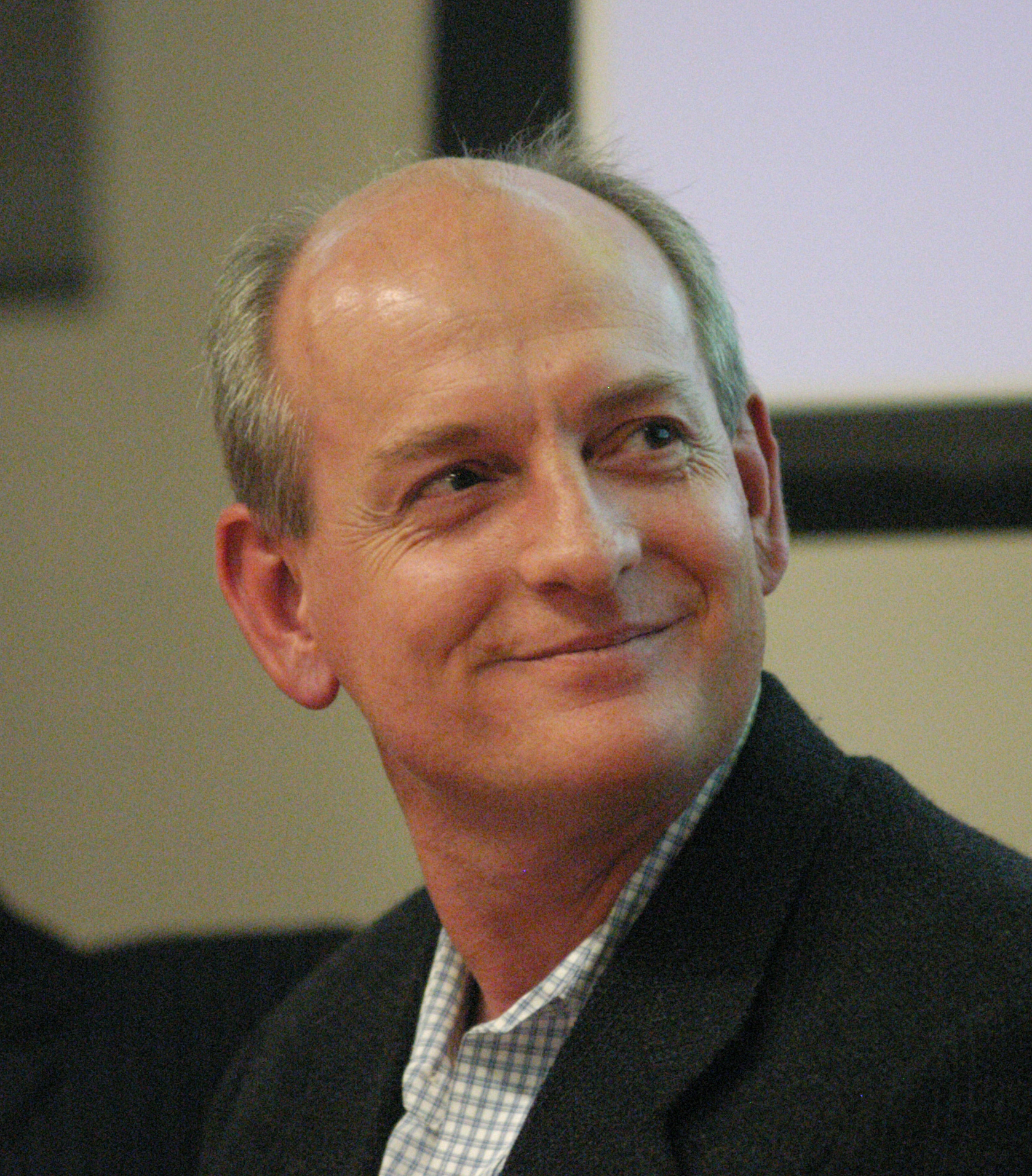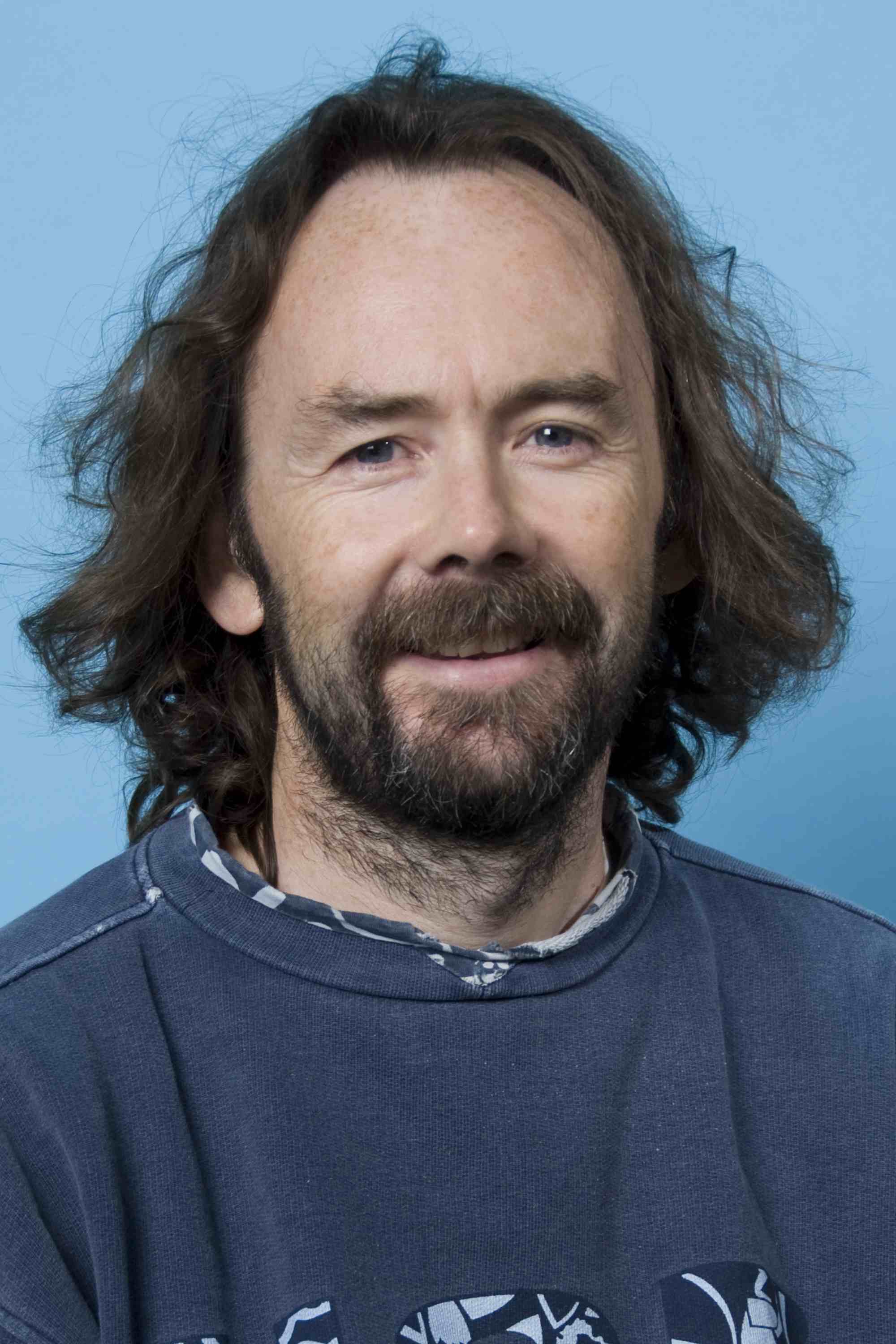Logic is fundamental to computer science. Since the development of logic programming in the 1960s, logic has seen a growing practical role in computer science. The purpose of this workshop is to be a bridge between different areas of computer science that use logic as a practical tool. We take advantage of the common language of formal logic to exchange ideas between these different areas. We encourage submissions from all areas of computer science that use formal logic. Your submission could explain how logic is used practically in your area, what are its successes and what are the challenges for the future. Your submission should be written to be understandable to anyone who understands formal logic. Concepts specific to your area should be defined in the paper. In this way, we aim to improve the practical use of logic in each area by transferring ideas and techniques between the areas.
SPLASH has a long history of supporting workshops in many different areas of computer science. We mention just a few: generative programming, language engineering, managed runtimes, incremental computing, virtual machines, reactive languages, live programming, spatio-temporal knowledge bases, and AI-inspired methods for parallel computing. All of these areas use logic as part of their problem-solving arsenal, to help formulate and solve the problems specific to the area. Many use practical tools based on logic, such as SAT solvers, proof assistants, specification languages, logic programming, deductive databases, constraint solvers, and model checkers. The purpose of LPOP 2020 is to encourage cross-fertilization between these areas using the common language of logic and its practical applications.
LPOP 2020 is a followup to the successful LPOP workshop held as part of the Federated Logic Conference in Oxford, UK in 2018. The earlier workshop focused on the integration of logic programming with imperative programming, to improve the practice of programming with logic. LPOP 2020 broadens this goal to focus on the practical use of logic as a crosscutting discipline across many areas of computer science. We hope to create synergies in these areas and help them progress faster by taking advantage of good ideas developed in other areas. This will also improve the general practice of programming with logic.
Highlights: Outstanding Invited Speakers
Sun 15 NovDisplayed time zone: Central Time (US & Canada) change
07:00 - 07:20 | |||
07:00 20mDay opening | Opening Session Opening Hridesh Rajan Iowa State University, USA, David Grove IBM Research, E: Christian Hammer University of Potsdam, E: Robert Hirschfeld Hasso Plattner Institute (HPI), University of Potsdam, Germany, E: Anders Møller Aarhus University | ||
07:20 - 08:20 | |||
07:20 60mKeynote | Fitzcarraldo — or How to Hack Academia to Build StuffAMAsupported by Facebook Keynotes Jan Vitek Northeastern University / Czech Technical University Link to publication Media Attached | ||
08:20 - 09:00 | |||
08:20 40mOther | Posters Session 1 Posters | ||
09:00 - 10:20 | 10:00-- Logic in Program Specification and AnalysisLPOP at SPLASH-IV Chair(s): Y. Annie Liu Stony Brook University | ||
10:00 10mDay opening | Opening and Introduction LPOP Peter Van Roy Université catholique de Louvain | ||
10:10 40mTalk | Invited Talk: If You're Not Writing a Program, Don't Use a Programming Language LPOP | ||
10:50 15mPaper | Deductive Synthesis of the Unification Algorithm: The Automation of Introspection LPOP | ||
11:05 15mPaper | Logic in Program Analysis and Verification LPOP Patrick Cousot New York University | ||
11:20 30mLive Q&A | Panel: Logic in Program Specification: Where Has It Failed? How Can We Fix It? LPOP Leslie Lamport Microsoft Research, Richard Waldinger , Patrick Cousot New York University, C: David Warren Stony Brook University | ||
11:50 10mBreak | Break: Ask Me Anything LPOP | ||
10:20 - 11:00 | |||
10:20 40mTalk | Ask Me Anything: Amal Ahmed PLMW Amal Ahmed Northeastern University, USA | ||
11:00 - 12:20 | 12:00-- Logic in Artificial Intelligence and Machine LearningLPOP at SPLASH-IV Chair(s): Peter Van Roy Université catholique de Louvain | ||
12:00 40mTalk | Invited Talk: Logic, Probability, Knowledge, and Learning LPOP | ||
12:40 15mPaper | Training Neural Networks to Do Logic, with Logic LPOP Paul Tarau University of North Texas | ||
12:55 10mBreak | Break: Ask Me Anything LPOP | ||
12:20 - 13:00 | |||
12:20 40mSocial Event | Meet The Speakers Meet The Speakers (MTS) | ||
13:00 - 14:20 | 13:05-- Logic and Implementation TractabilityLPOP at SPLASH-IV Chair(s): Y. Annie Liu Stony Brook University | ||
13:05 40mTalk | Invited Talk: Tractable Boolean Circuits: Applications and Compilation Algorithms LPOP | ||
13:45 30mLive Q&A | Panel: Logic in Artificial Intelligence: Don’t Machine Learning and Neural Networks Do It All? LPOP Stuart Russell University of California, Berkeley, Paul Tarau University of North Texas, Adnan Darwiche UCLA, C: David Warren Stony Brook University | ||
14:15 10mBreak | Break: Ask Me Anything LPOP Manuel Hermenegildo IMDEA Software Institute and T.U. of Madrid, C: Martin Gebser University of Klagenfurt, Austria | ||
14:20 - 15:00 | |||
14:20 40mSocial Event | Meet The Speakers Meet The Speakers (MTS) | ||
15:00 - 16:20 | 14:25-- Logic and Language ExpressivenessLPOP at SPLASH-IV Chair(s): Peter Van Roy Université catholique de Louvain | ||
14:25 40mTalk | Invited Talk: From CLP(R) to MiniZinc: There and Back Again LPOP | ||
15:05 15mPaper | Logical English LPOP | ||
15:20 10mPaper | Flamingo, a Compiler and Runtime for Reactive ALM Systems LPOP | ||
15:30 30mLive Q&A | Panel: Since Logic Languages Are So Good, Why Aren’t They Pervasive? LPOP Peter Stuckey University of Melbourne, Robert Kowalski , Daniel Hines , C: David Warren Stony Brook University | ||
16:20 - 17:00 | |||
16:20 40mSocial Event | Meet The Speakers Meet The Speakers (MTS) | ||
18:20 - 19:00 | |||
18:20 40mSocial Event | Meet The Speakers Meet The Speakers (MTS) | ||
19:00 - 19:20 | |||
19:00 20mDay opening | Opening Session Opening Hridesh Rajan Iowa State University, USA, David Grove IBM Research, E: Christian Hammer University of Potsdam, E: Robert Hirschfeld Hasso Plattner Institute (HPI), University of Potsdam, Germany, E: Anders Møller Aarhus University | ||
19:20 - 20:20 | |||
19:20 60mKeynote | Fitzcarraldo — or How to Hack Academia to Build StuffAMAsupported by Facebook Keynotes Jan Vitek Northeastern University / Czech Technical University Link to publication Media Attached | ||
20:20 - 21:00 | |||
20:20 40mOther | Posters Session 1 Posters | ||
22:20 - 23:00 | |||
22:20 40mSocial Event | Meet The Speakers Meet The Speakers (MTS) | ||
Invited Speakers
Adnan Darwiche, UCLA

Leslie Lamport, Microsoft Research

Stuart Russell, UC Berkeley

Peter Stuckey, University of Melbourne

Call for Participation
The goal of the workshop is to bring together the best people and best languages, tools, and ideas to help improve logic languages for the practice of programming and improve the practice of programming with logic and declarative programming. We plan to organize the workshop around a number of “challenge problems”, including in particular expressing a set of system components and functionalities clearly and precisely using a chosen description language.
We will have invited talks by four wonderful people: Adnan Darwiche (UCLA), Leslie Lamport (Microsoft Research), Stuart Russell (UC Berkeley), and Peter Stuckey (U of Melbourne). There will be additional presentations and discussion panels on using well-known description methods and tools. We will aim to group presentations of description methods by the kind of problems that they address, and to allow ample time to understand the strengths of the various approaches and how they might be combined.
Potential participants are invited to submit a position paper (1 or 2 pages in PDF format), and also to state whether they wish to present a talk at the workshop, explaining how they would express the challenge problems. Because we intend to bring together researchers from many parts of logic and declarative languages and practice of programming communities, it is essential that all talks be accessible to non-specialists.
The program committee will invite attendees based on the position paper submissions and will attempt to accommodate presentation requests, but in ways that fit with the broader organizational goals outlined above.
Instructions for preparing a position paper appears below. Please submit your position paper through this EasyChair submission URL.
Preparing your position paper
To streamline the exchange of ideas, you may consider using a challenge software domain: the domain of Role-Based Access Control. It was created for LPOP 2018, as described in http://lpop.cs.stonybrook.edu/preparing-your-position-paper, but it was only solved in part by various groups, as described in http://lpop.cs.stonybrook.edu/workshop-report (also https://arxiv.org/abs/2008.07901). We are also working to create RBAC data for running experiments.